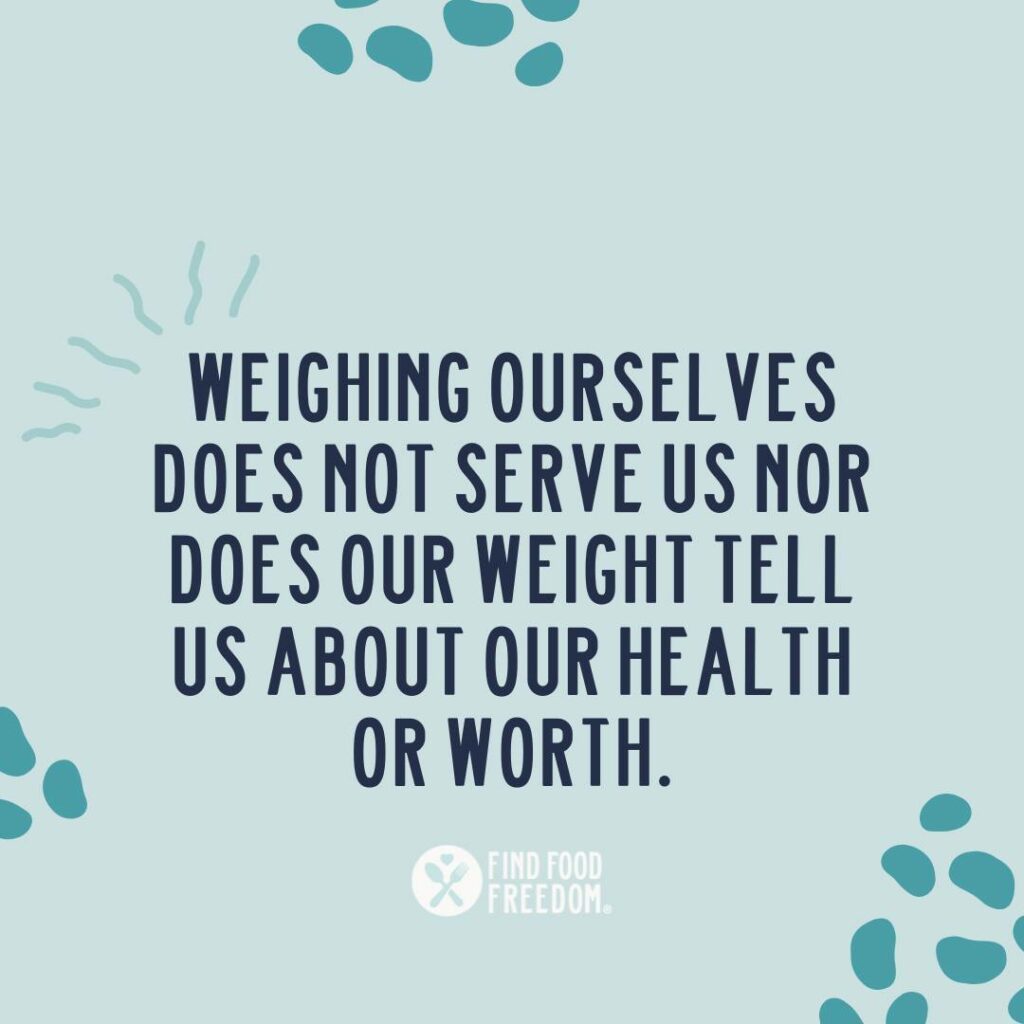The holiday season can be a trigger for anyone who has ever had a messy relationship with food. It’s a time of year when many gatherings seem to be centered around food.
Picture this: You show up to a Christmas party and the first conversation you hear is a co-worker or family member talking about their latest diet and why they’re turning down the dessert platter. *cue eye roll* Diet discussions get especially loud once the new year rolls around, and these moments make it easy to get caught up in the diet culture mindset. But this year, let’s try something different.
How can we resist the urge to get sucked into the vortex of diet culture? Intuitive eating.
Intuitive eating is based on ten main principles:
- Reject the diet mentality
- Honor your hunger
- Make peace with food
- Challenge the “food police”
- Feel the fullness
- Discover the satisfaction factor
- Dealing with emotions
- Respect your body
- Exercise
- Honor your health
The term intuitive eating wasn’t coined until 1995, although the concept has been around since the 1970s.
Seems simple enough, right? Most intuitive eating principles focus on listening to your body when it’s hungry, when it’s full, and what type of foods it’s craving.
We asked Kristen Browne, MS, CNS, LDN why intuitive eating doesn’t seem to come naturally to adults, and she told us “as we age, our meals, our relationships with food, and our thoughts about body image are shaped by what we are fed, literally and figuratively, by our parents, family, friends and what we see in society.
Some people are told to “just take one more bite” or threatened with losing a treat if they don’t “clean the plate first.” Other people feel ashamed when they take what seems like a larger portion than “normal” or go back for seconds. This pressure to ignore our body’s natural fullness and hunger signals, especially to conform to unhealthy societal norms, can begin to morph into negative relationships with food later in life, often leading to disordered eating behaviors.

Why We Abandon Diet Culture
By now, it’s common knowledge that diets don’t work in the long term. Although they work for some people in the short term, there is a high probability of gaining that weight back or more. There is also evidence that weight cycling, the process of losing and gaining weight, is actually riskier for your health than simply maintaining the same weight.
Contrary to what diet culture tells us, hunger is not the enemy, and neither is food because it has no moral value – just different nutrients. Browne told us: “Intuitive eating moves away from the idea that there are ‘good’ and ‘bad’ foods, but instead allows the individual to focus on how they feel when he consumes something. Ultimately, the goal is to eat foods that make you grow, thrive, and feel good, trying to avoid eating for emotional reasons.
Additionally, weight loss is generally not a goal of intuitive eating. However, for some, after making healthier choices in the foods and drinks consumed, weight loss can sometimes be a side effect of intuitive eating.
Weight loss is not the goal of intuitive eating
We can never say it enough: weight loss is not the goal of intuitive eating. For some people, weight loss may be a side effect of focusing on these principles. Other people maintain their current weight or even gain it. You can’t use diet success metrics with intuitive eating because it’s not a diet. It’s a change in mentality.
Intuitive eating focuses on having a healthy relationship with food and listening to your body’s needs. It’s giving yourself permission to eat with curiosity and without judgment.

One of the main benefits of this mentality shift towards listening to your body is improved psychological health. Food is something we need to live. It nourishes our body! Having a difficult relationship with something you need literally surviving can be incredibly mentally exhausting. You may feel like you’re in a battle all day.
Deconstructing diet culture and everything society has told us about food can be extremely liberating. Studies showed that intuitive eating improves self-esteem, body image and overall quality of life and reduces cases of depression and anxiety. Resist the urge to fall into the trap of diet culture during the holiday season. You deserve to be at peace with your body and what fuels it.


